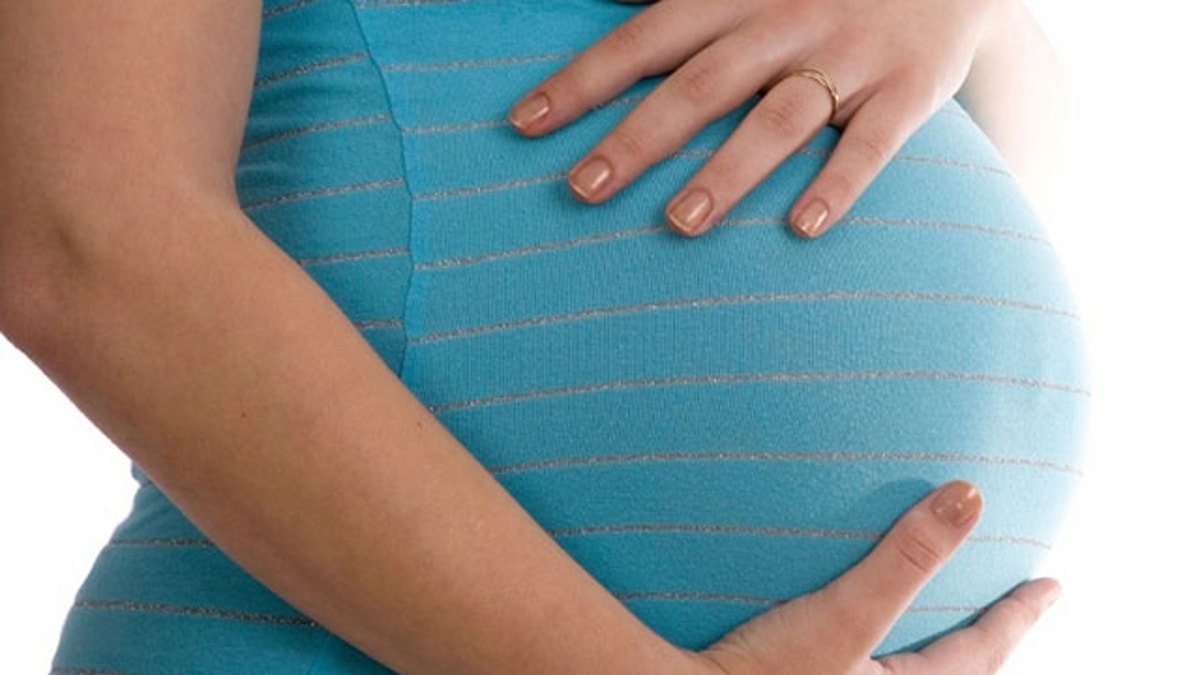
Women who live during a recession between ages 20 and 24 are less likely to have kids down the road, a recent study revealed.
Scientists at Princeton University looked at 140 million U.S. birth records between 1975 and 2010, when five different recessions occurred throughout various areas of the country.
They examined rates based on gestation length, child birth locations and dates, as well as mothers’ birth states. They divided the women into different age groups, from 15 to 40, and their own birth states. Next, they divided the number of live births by U.S. Census population estimates.
Researchers found a one-percentage point increase in the unemployment rate among women ages 20 and 24 was linked to a short-term fertility reduction by six conceptions per 1,000 women. Researchers saw an overall decline of 14.2 conceptions per 1,000 women by the time they were 40.
"We find it remarkable that macroeconomic conditions have such a powerful effect on individual women's lives," co-author Janet Currie, the Henry Putnam Professor of Economics and Public Affairs and director of the Center for Health and Wellbeing, said in a news release. "This paper provides further evidence of how profoundly recessions and economic cycles alter personal decisions."
Live birth rates may fall with unemployment because more women seek abortions or experience pregnancy losses during difficult economic times, according to the release.
Study authors estimated that the high unemployment rates between 2008 and 2013 will equate to more than 151,000 women who will remain childless by age 40, or a long-term loss of 420,957 conceptions—a 2.4 percent decrease.
Currie said these findings are significant because they emphasize “how important it is to have polices in place to avoid recessions.”
“Our work highlights the personal costs of recessions even in as intimate a sphere as the decision to marry and have children,” she said.
The study was published in the Proceedings of the National Academy of Sciences.
